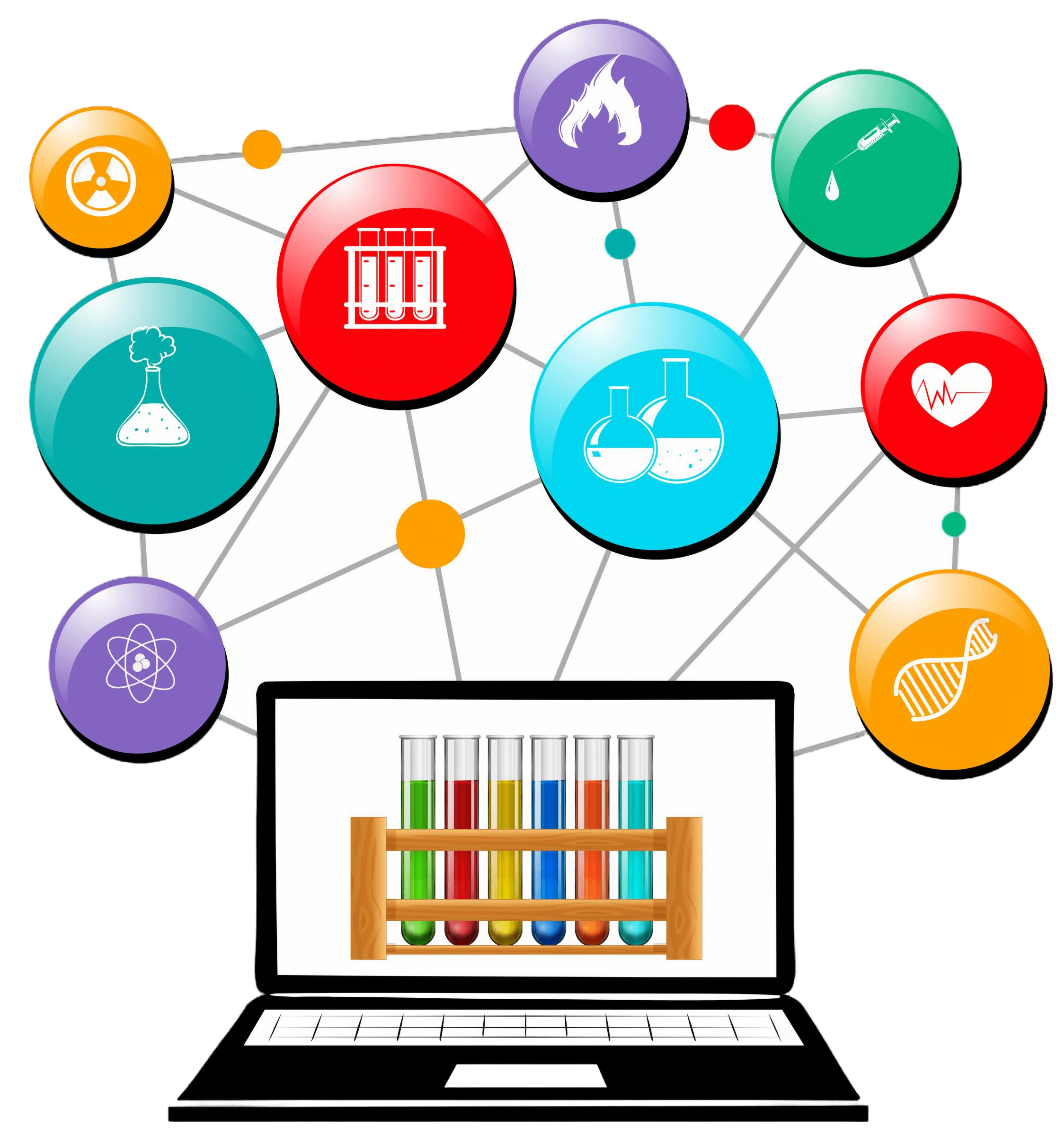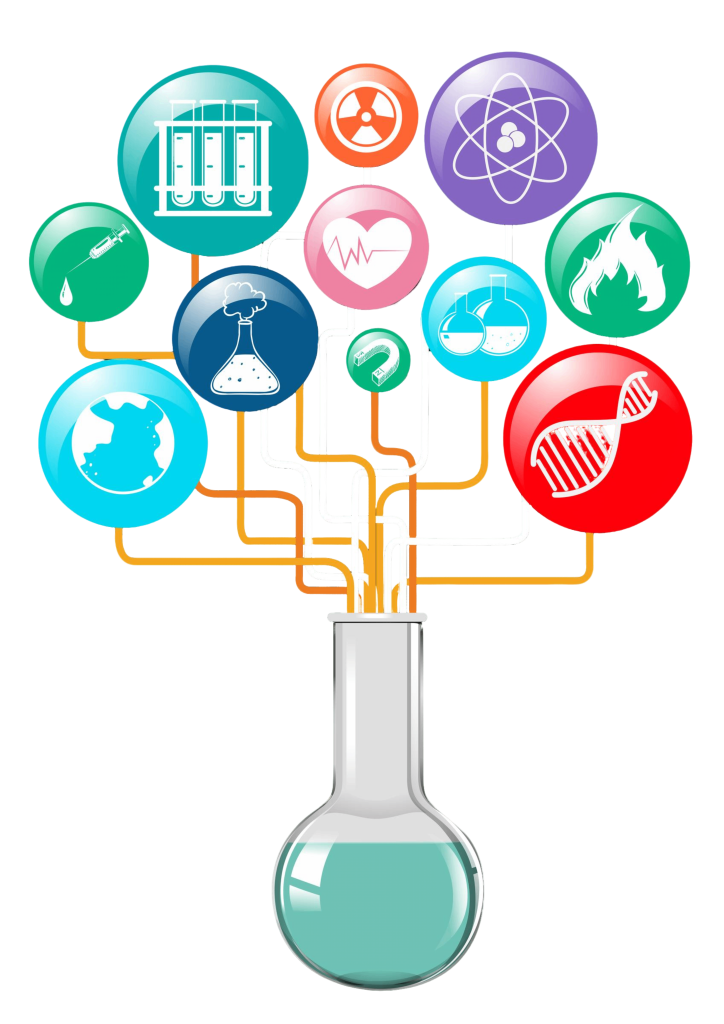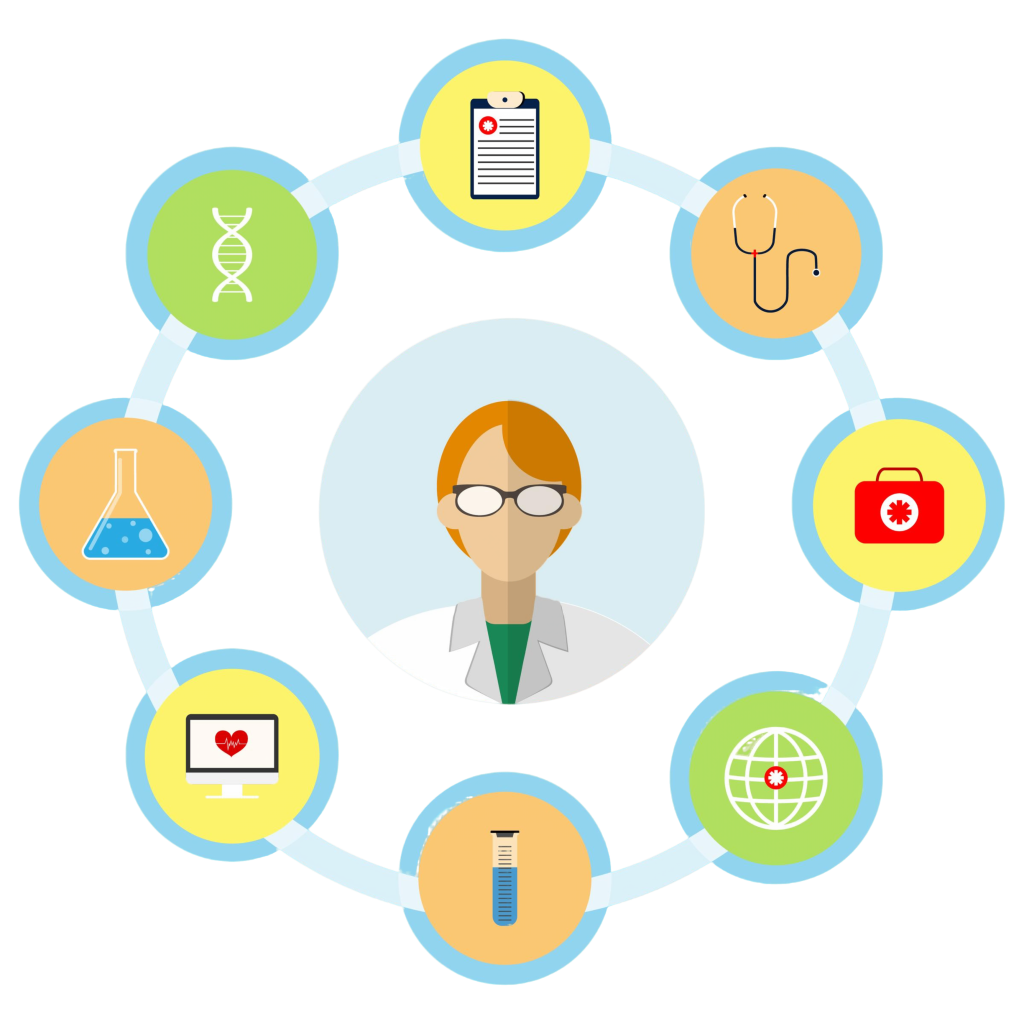What is Oncology Information System (OIS)?
Oncology Information System (OIS) is an integrated software platform used to monitor, manage and organise the treatment processes of cancer patients. This system collects patients’ medical data, treatment plans, laboratory results and other health information at a central point. It enables oncology specialists to follow their patients more effectively and personalise their treatment processes.

How does Oncology Information System (OIS) Help in Cancer Treatment?
OIS allows healthcare professionals to access instant and accurate information by storing cancer patients’ medical history, test results, treatment plans and progress data in a digital environment. This system facilitates the co-operation of multidisciplinary teams and makes patient follow-up more efficient at every stage of the treatment process.
In addition, systematic storage of information such as drugs, treatment protocols and clinical guidelines used in cancer treatment helps to prevent incorrect treatment practices. OBS also monitors patients’ responses to treatment using data analytics, so that treatment strategies become more personalised.
What are the Effects of Oncology Information System (OIS) Usage on the Health Sector?
The effects of the use of Oncology Information System (OIS) on the health sector are as follows:
- Data Management and Accessibility: OIS collects all oncology-related data in a centralised system, thus enabling healthcare professionals to quickly access patients’ treatment history. This allows the treatment process to be managed more quickly and accurately.
- Improvement of Treatment Quality: OIS makes it easier to monitor patients’ treatment processes. In this way, healthcare professionals can access up-to-date information about the treatment at any time and choose the most appropriate treatment methods.
- Reduced Error Rates: Digital systems reduce the risk of manual errors. With OBS, errors in data entry are minimised, thus preventing wrong treatment decisions.
- Patient Follow-up and Monitoring: OIS facilitates patient follow-up after treatment. Long-term disease monitoring processes become more organised and systematic, which increases the success of the treatment process.

These interactions make health systems more efficient and safer for patients.
How is Early Diagnosis Provided in Cancer Treatment with Oncology Information System (OIS)?
Oncology Information System (OIS) is a very important tool to ensure early diagnosis in cancer treatment. OIS collects and analyses all medical histories of patients in a digital environment, thus enabling faster detection of signs and symptoms even in the early stages of cancer.
Early diagnosis is made by integrating information from different sources such as genetic data, biomarkers and imaging results. Using this data, OIS can more accurately identify early signs of cancer and identify potential risks in advance.
What are the Advantages of Cancer Follow-up with Oncology Information System (OIS)?
The advantages of cancer follow-up with Oncology Information System (OIS) are as follows:
- Follow-up of the Treatment Process: OIS monitors the treatment stages of patients, records responses to treatment and treatment changes, and enables the treatment process to be followed more carefully and accurately.
- Early Diagnosis and Intervention: Thanks to the regular updating and analysis of data, it allows cancer to be detected in the early stages and accelerates intervention.
- Disease Monitoring: OIS monitors the course of cancer and post-treatment status of patients, thus enabling timely recognition of possible recurrences.
- Data Analysis and Research: OIS contributes to clinical research and the development of treatment methods by enabling the collection of big data on cancer.

How Oncology Information System (OIS) Contributes to Cancer Research
Oncology Information System (OIS) is a very important tool to ensure early diagnosis in cancer treatment. OBS collects and analyses all medical histories of patients in a digital environment, thus enabling faster detection of signs and symptoms even in the early stages of cancer.
Early diagnosis is made by integrating information from different sources such as genetic data, biomarkers and imaging results. Using this data, OBS can more accurately identify early signs of cancer and identify potential risks in advance.












